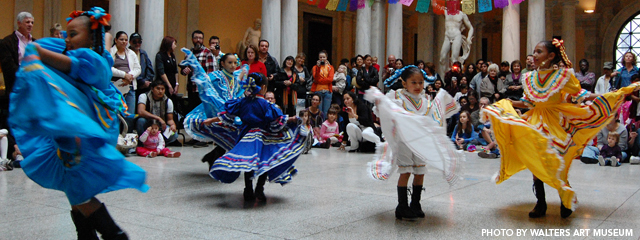The Holbrook Explorer

More Than All Hallows' Eve: Festivals of the Dead
More Than All Hallows' Eve: Festivals of the Dead
China:
Yu Lan, also known as the Feast of the Hungry Ghost, is an occasion to remember dead relatives of generations past. During this festival, food and water is left out for hungry spirits. At the end of the festival, lanterns are lit and sent over water to help the spirits find their way back to the afterlife.
Japan:
Obon, or the Festival of the Dead, is when souls of the dead return to the land of the living. The festival isn't a time of fright, but rather it’s a time for spirits to reunite with their families. At sunset, people place lanterns outside their houses to help their spirits find the way back to the afterlife. Some people prepare alters with food offerings. At the end of the festival, colored lanterns float on water to symbolize the return of the spirits back to the land of the dead.
Mexico, Latin America & Spain:
All Souls Day takes place on November 2 and is celebrated over three days, starting on October 31. Many families construct alters and decorate them with food, candy, flowers and photographs of their deceased relative. Often times they also place a bowl of water and a rag next to it so that the spirits may wash off before feasting. Candles and incense are lit to help the spirits find their way home. Gravesites are tidied and on the last day (November 2), families often picnic and reminisce there.
Czech Republic:
“Dušičky” or Day of the Dead is celebrated in the Czech Republic by visiting the cemeteries and graves of loved ones. Often times, the Czech will also place chairs around their fireplace on this night, one chair for each family member as well as for those who have passed on.
Philippines:
Known as Pangagaluluwa, the Filipino version of Halloween is similar to Americans because the children dress up and walk to houses to get candy or other treats. The major difference is that the Filipino children sing in exchange for the candy; the meaning of that tradition is that the kids are singing for the souls of those who are still in purgatory to help them go to heaven.





